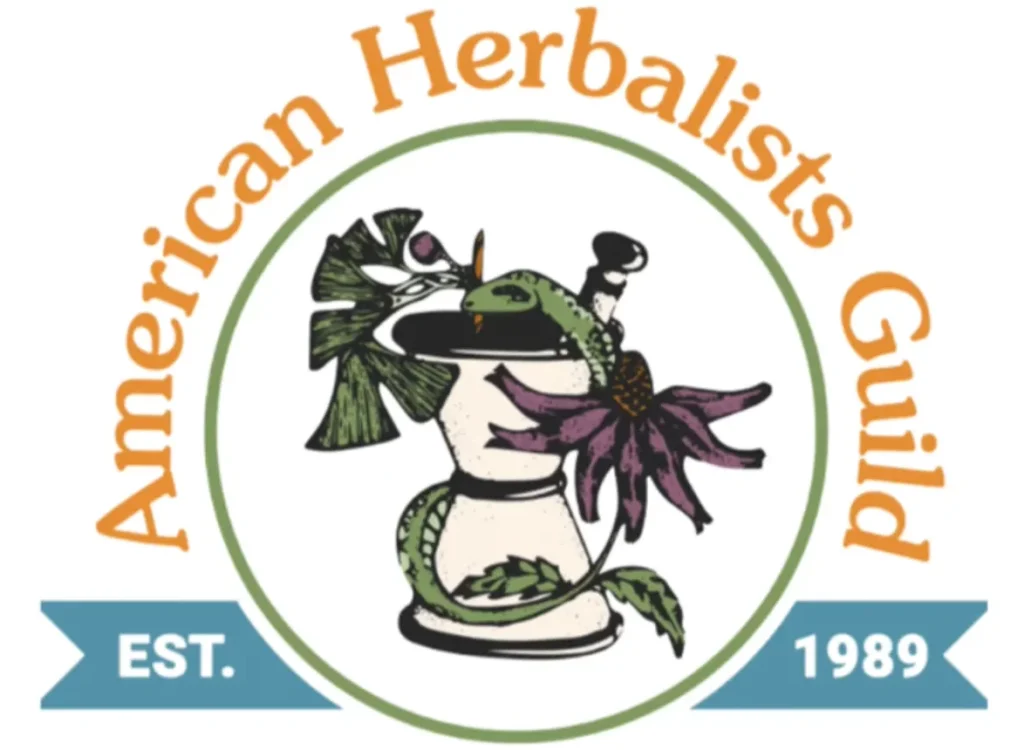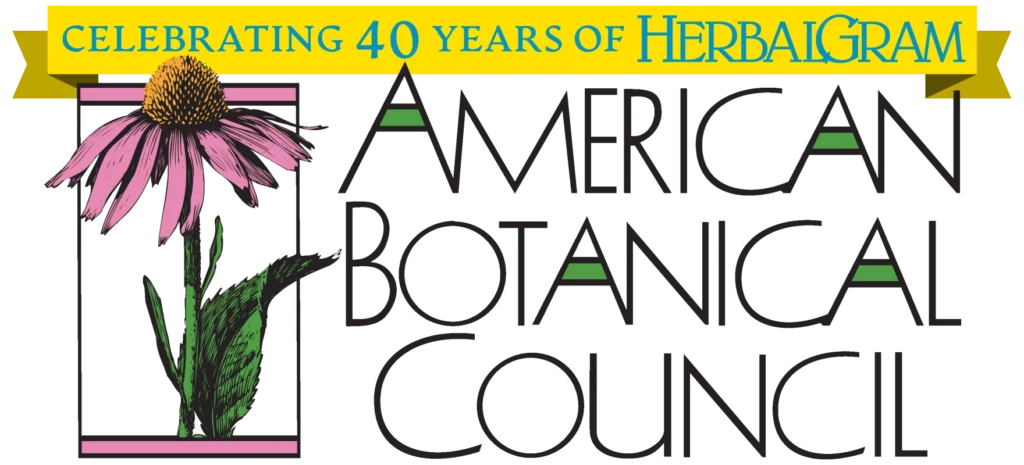
Body Type
Author: Erin Regis, CH Body type, what is it? How can it help us learn how to take better care of our bodies? Moisture and


Author: Erin Regis, CH Body type, what is it? How can it help us learn how to take better care of our bodies? Moisture and
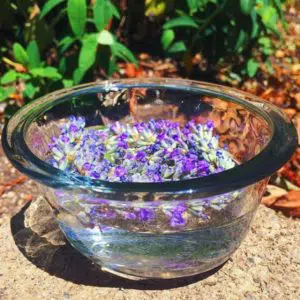
Author: Danielle Shilling Introduction: An attempt to understand the complex existence that we know to be as human beings, while pulling perspectives from neuroscience, in
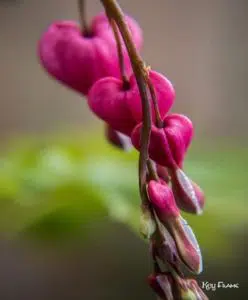
Author: Kerry Burg It’s a crazy world out there nowadays and it’s easy to get lost in the pressure of it all. We are told

Author: Julie Peachtree, CH, CN Sexual health and wellness are tough topics to bring up with your tween or teen. More research is coming out
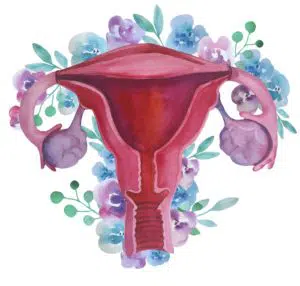
Author: Lindsay Adams, CH, CN Do you ever wonder what your period might be telling you? Do you skip periods or get them more than

Author: Meg Drennan, CH, CN We are in the midst of a mental health crisis right now in America. With up to one third of
The Colorado School of Clinical Herbalism, Inc., offers certificate programs in Fundamentals of Medical Herbalism, Advanced Herbalism, Clinical Herbalism, Nutrition, and Flower Essences. CSCH teaches Western herbalism and integrated nutrition in the Vitalist tradition. CSCH is a proud member school of the American Herbalists Guild, the American Botanical Council, and approved and regulated by the Colorado Department of Education, Division of Occupational Schools.
